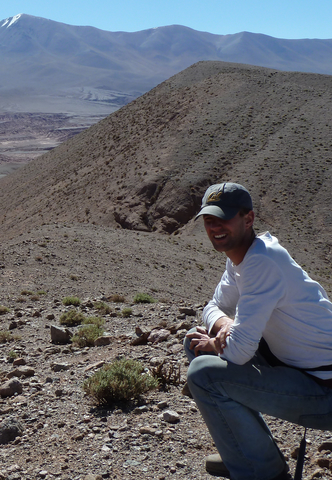Please also see the University of Potsdam - Remote Sensing and Earth-Surface Process Team webpage.
Research Motivation: The Earth’s surface is shaped by the interplay of geological, biological, and climatic forces. These interconnected systems form a complex network of feedbacks and processes. Understanding these interactions is essential—Earth’s surface underpins all human activity, and its dynamic behavior directly influences habitability, sustainability, and environmental resilience.
Research: My research explores transport processes both within the Earth (vertical tectonics) and on the Earth’s surface (geomorphology), with particular emphasis on hydrologic and atmospheric drivers. I focus on quantifying Earth-surface processes through:
- Remote sensing data and techniques
- In-situ and field measurements
- Geochemical analyses
- Time series and data analytics
- Numerical and process-based modeling
Additional tutorials, datasets, and code resources are available on the University of Potsdam - Remote Sensing and Earth-Surface Process Team webpage and Blog Posts and Tutorials. An archive of earlier materials from my time at here.
Teaching: My teaching integrates remote sensing, earth data science, and geochemical approaches to investigate Earth-surface processes. Courses combine multiple data sources—satellite observations, field data, and model outputs—and use programming environments such as Python, C, and MATLAB. We have developed a modern curriculum in remote sensing and Earth-surface processes and coordinate the international MSc program in Remote Sensing, geoInformation, and Visualization (see the University of Potsdam application portal and the DAAD programming listing). All teaching materials are available through the University of Potsdam Moodle Platform .
A list of advised BSc and MSc theses (year, name, topic, department) can be found in BSc and MSc Theses.
